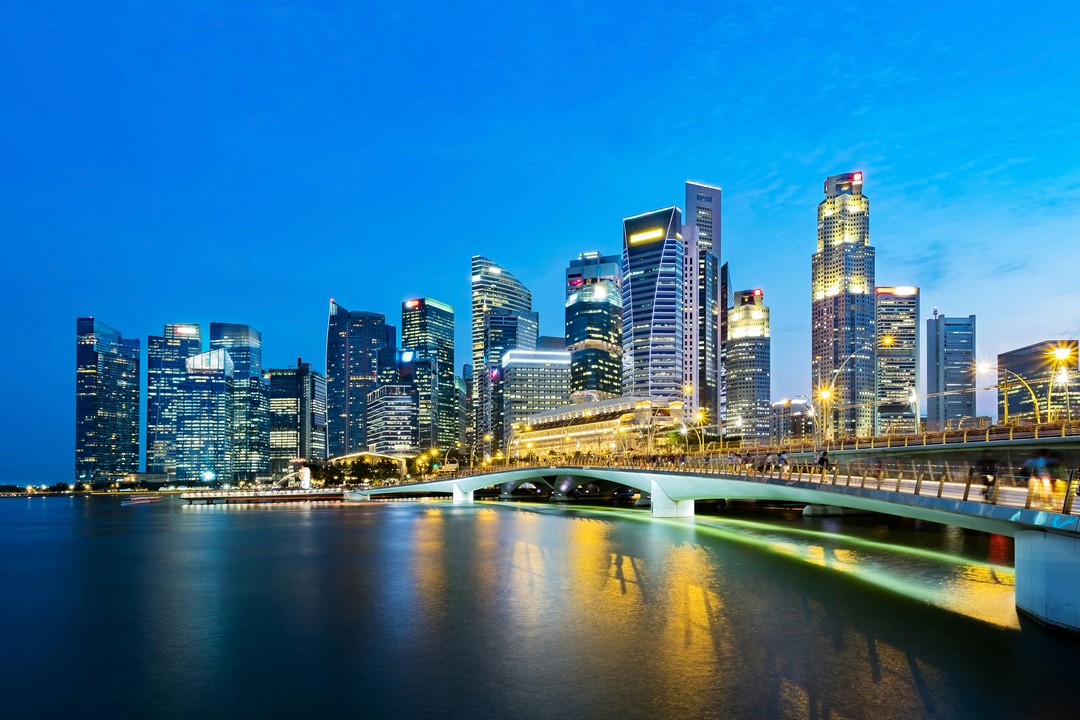
The yearly Singapore International Cyber Week (SICW) opens this week, seeking to bring together geopolitical rivals such as the United States, Britain, China and Russia during a time of much distrust and uncertainty.
Some 12,000 delegates from more than 80 countries are expected to attend the event, now in its ninth year, but the focus will be on exchanges between rival countries known for contesting in cyberspace in recent years.
This tension has been building in recent years, with the US-China rivalry, and more recently, the Russian invasion of Ukraine and Israel-Hamas conflict in the Middle East.
It’s notable that Singapore is among several countries that have imposed sanctions on Russia for its invasion of Ukraine.
A team of Russian delegates willing to attend a global forum on cybersecurity here, one might argue, will be a win for diplomacy in an arena that has been deeply politicised of late.
“Cyber diplomacy is essential, especially during such fraught times,” said Singapore’s Minister for Digital Development and Information, Josephine Teo, at SICW’s summit meeting yesterday.
“It is all the more important to include countries who have different world views and who do not think like us,” she noted. “If we avoid difficult conversations, we will most certainly not be able to avoid difficult consequences.”
Singapore has worked with international partners in recent years to counter ransomware and boost cybersecurity. This year, the Republic’s role is in sharper focus because it currently chairs a United Nations working group on security and infocomm technology.
How much diplomacy can work, of course, is another question. Cyberattacks help nations steal industry and military secrets, damage critical infrastructure and spread disinformation to influence political events, yet usually do not attract the same reprisals as sending missiles.
With this in mind, many countries will be guarded and trust will be difficult. Singapore, as a “neutral” party in much of today’s geopolitics, plays its role too, by being connected to each rival faction.
However, the world is a lot more fractured today than before. In 2015, Singapore was the scene of a historic meeting between Chinese President Xi Jinping and Taiwanese counterpart Ma Ying-jeou.
Today, mainland China and Taiwan are a long way apart from that handshake that had promised better cross-strait ties.
The technology world, too, has splintered. Chinese innovations are often distrusted in the West, starting with Huawei’s 5G networks and phones, while China has started to build up its chipmaking capabilities after being blocked by the US.
How does all this affect Singapore, especially in cybersecurity? As a small country, it needs to remain an important link between rival countries so it doesn’t get forced to choose a side any time soon.
To be sure, that alone doesn’t protect the Republic from cyberattacks. In 2018, the personal records of 1.5 million patients, including its prime minister, were stolen from a healthcare institution.
The attack was attributed to a nation state using sophisticated tools, but Singapore officials later declined to say who was behind it, arguing that would not help matters.
Even now, as a global trade and finance hub, Singapore faces daily cyber attacks. Most would be from cyber criminals but it won’t be a surprise if nation states are behind some efforts to target critical infrastructure or sway public opinion.
Despite the challenges, Singapore has to keep up its game to engage different factions in today’s fraught situation. It has to pitch itself as a place where a rules-based order can be strengthened and trust can be built, whether in cyberspace or otherwise. As a small country, it has little choice.
During the Shangri-la Dialogue in May this year, there were sharp exchanges on hot-button issues such the South China Sea during the security forum.
Yet, a meeting between the current US and Chinese defence chiefs, the first in person, was lauded as a way to reduce military risk among the rival powers. That appeared a small victory.
If something similar can be achieved for the cyber arena, if only to bring a pause to many of today’s cyberattacks, small countries that heavily depend on digitalisation, such as Singapore, will be greatly relieved.






